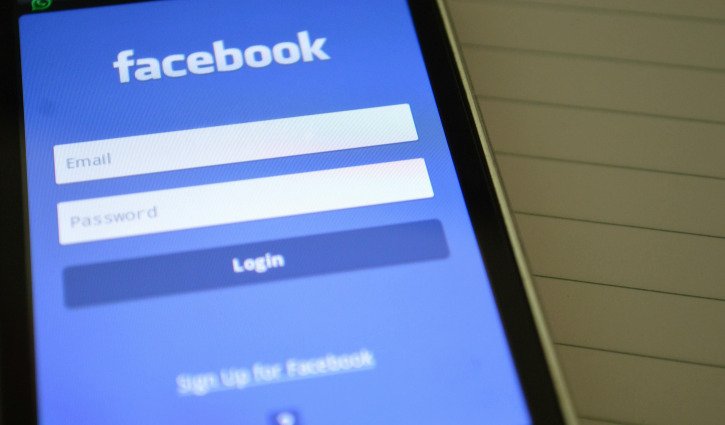NPR CEO Katherine Maher (pictured above, right) appeared on Sunday’s Face the Nation alongside PBS CEO Paula Kerger (pictured above left) to discuss the impact of United States President Donald Trump’s executive order cutting federal public broadcasting funding.
The order, issued Friday, seeks to eliminate financial support for NPR and PBS. This has sparked concerns about public media's future in the U.S. Maher and Kerger emphasised that while public broadcasting has faced funding threats before, this situation is unprecedented in its scope and potential consequences.
Maher highlighted the critical role NPR plays in local journalism, particularly in rural communities where news deserts are expanding. She noted that NPR has 246 member stations across the country, many of which rely on federal funding to sustain operations.
Loss of funding could severely impact these stations, limiting access to reliable news for millions of Americans. Kerger echoed these concerns, explaining that while PBS receives only 15% of its funding from the federal government, some smaller stations depend on public funds for up to 50% of their budgets.
Beyond journalism, the funding cuts threaten educational programming, particularly children’s content, which has been a staple of public broadcasting for decades. Kerger pointed out that PBS’s partnership with the Department of Education has supported the development of programs like Sesame Street and Mister Rogers’ Neighborhood. This ensures that children without access to formal pre-K education can still benefit from these early learning resources. The executive order could halt educational content production, affecting millions of young viewers.
Maher and Kerger indicated that NPR and PBS are exploring legal options to challenge funding cuts.
“We’re looking at whatever options are available to us,” said Maher. “I think it’s a little preliminary for us to be able to speak to specific strategies that we would take.”
“We have never seen a circumstance like this and obviously we’re going to be pushing back very hard,” said PBS CEO Paula Kerger.
While they did not specify their strategies, they emphasised that public broadcasting is essential for democracy, providing independent journalism and educational resources that serve diverse audiences. The executives warned that the economic fallout from funding cuts could extend beyond media organisations. This could affect advertisers, content creators, and local economies that depend on public broadcasting infrastructure.
The broad implications of Trump’s executive order are significant, as they reflect ongoing tensions between the administration and the press. The move comes amid a series of executive actions affecting federal agencies, tariffs, and employment policies, contributing to economic uncertainty. Investors and policymakers will watch closely to see how NPR and PBS respond, as their legal challenges could set a precedent for future government interventions in media funding.



